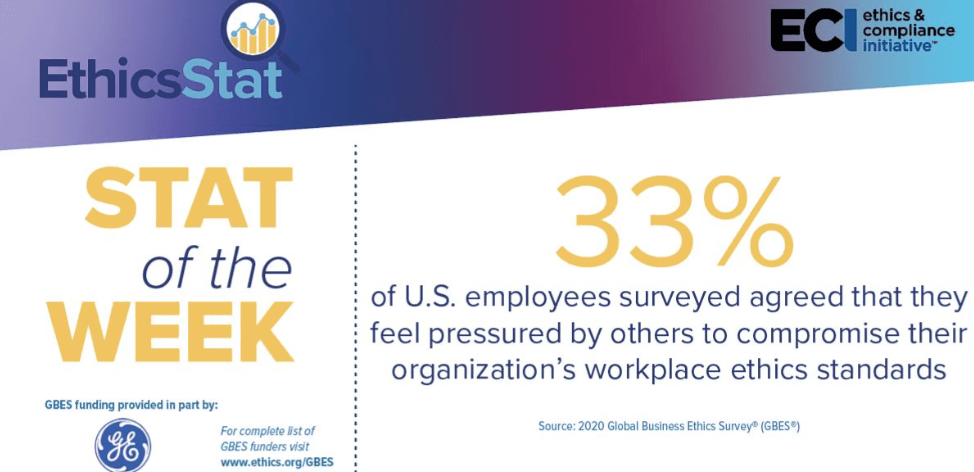
Any company exists to make a profit, which may be earned through productivity. Productivity depends on the principles and ethics under which the employee works; therefore, workplace ethics directly impacts the company’s productivity.
In this post, we will discuss the significance of employee ethics in the workplace and how work ethics training programs can be introduced to employees to ensure a good business operation.
First, we will learn what work ethics are. Workplace ethics are the rules workers follow in any organization and how they approach their jobs. So in simple words, we can say that the guidelines of right and wrong govern employees’ actions and decisions.
Workplace ethics refers to the principles and values that guide behavior in the workplace. They are essential for creating a positive and productive work environment and can have a necessary impact on the success of a company. Research has shown that organizations that follow strong ethical culture have a 467% positive impact on employees rather than organizations that take it for granted.
Let’s take a look at why ethics in the workplace are so important.
A company with a strong ethical reputation is more likely to attract and retain customers, employees, and business partners.
Employees who feel their company acts ethically are more likely to be engaged, motivated, and committed to their work.
Obedience to laws, rules, and industry standards is not simply a legal duty but is also a crucial part of ethical behavior.
When a company has a strong ethical culture, employees have a clear set of principles and ideals to make decisions.
A company that acts ethically will build trust with its stakeholders, including customers, employees, shareholders, and the community.
A company’s performance is directly tied to the ethical environment of its workplace; thus, it’s essential to encourage a moral culture among employees.
There are several ways to implement workplace ethics among employees:
Develop a code of conduct that clearly shows the company’s values and ethical standards. Ensure that it is communicated to all employees and that they understand the expectations and consequences of not adhering to it.
Managers and leaders should model ethical behavior and hold themselves to the standards which they expect from their employees.
Provide regular training and education on ethical issues, such as harassment, discrimination, and misconduct.
If any employee raises ethical concerns, encourage them and provide a safe and confidential means for them to do so.
Hold employees accountable for their actions by enforcing consequences for violating the code of conduct.
Recognizing and rewarding employees who demonstrate ethical behavior will encourage others to do the same.
It’s important to remember that implementing workplace ethics is a continuous process that calls for dedication and constant effort from everyone within the organization.

Below are some examples that refer to workplace ethics
If employees follow the ethical rules listed above, their professional relationships will get stronger, and the workplace will get better.
A company can face several disadvantages if its employees do not adhere to workplace ethics. Ethics.org reported, 33% of employees feel pressured by others when organizational workplace ethics are compromised.

These disadvantages may include the following:
Overall, companies that don’t encourage ethical behavior can lose a lot in terms of their reputation and profit. Besides that, a lot of harassment cases can be heard in such companies where avoiding workplace ethics is a common practice.
Harassment in the workplace is a fact that we can’t deny. It means any unwanted or unwelcome behavior based on a person’s protected characteristic, like race, gender, age, disability, religion, or sexual orientation, that makes the workplace unsafe and uncomfortable.
There are two main types of harassment: quid pro quo harassment and hostile work environment harassment.
Both types of harassment have the possibility of having adverse effects on an employee’s well-being as well as the workplace’s productivity. Harassment at work is against the law and should be reported as soon as possible to the employer or the right authority.
Establishing a positive work environment through ethical practices is essential for any organization. A fairness and honesty culture makes employees more likely to feel proud and excited about their jobs instead of burdened or angry. This kind of enthusiasm can lead to a close-knit team that stays positive about the company and its valu